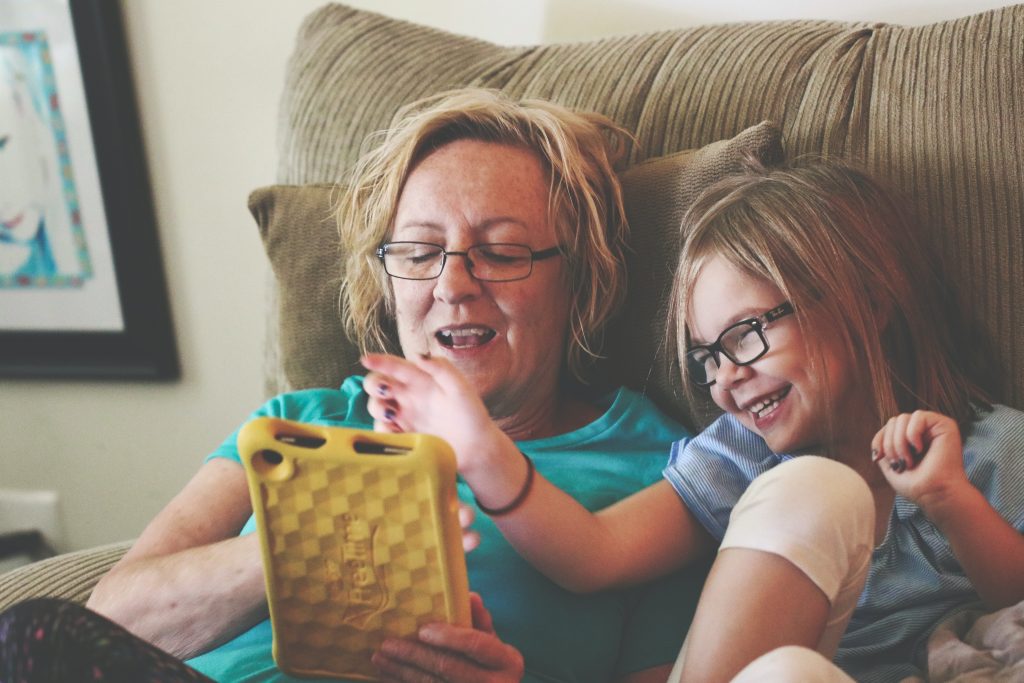More than 2.7 million children in the United States have a parent currently in the prison system. Explaining to your child or other children why their parent is in prison never becomes easier, and they’ll likely ask a lot of questions about their Mother or Fathers whereabouts. Others won’t talk about their experiences. To help children adjust, speak to them honestly and kindly.

Image Source: Pexels
Sending Letters and Drawings from Your Kids
When your child fears that their Mother or Father was sent to prison, they may want to give them something that will offer comfort. You can even encourage your children to let out their frustrations by being creative, but not all pictures are accepted by prison staff. To ensure your child’s letter is received by the parent, research the mailing rules for the penitentiary. Make Sure to check the jail timing when you are sending letters to the person physically. You can check this site to verify records, timings and detailed info of all the major jails in the USA.
Example: Walton County Jail in Florida
At Walton County Jail and most other jails, glitter, glue, and stickers aren’t allowed on or in the envelope. Certain drawings may be interpreted as gang symbols, so try to instruct your daughter to create scenes of family members or animals that come off as harmless.
How to Support Children Through A Parent’s Incarceration
Be There for Them
Children look up to adults in times of deep emotional trauma or stress because they may not know how to react to a life-changing occurrence. When we were children, we expected everything to stay the same, and a missing parent can rock their foundation. Be there for your child when they need it, including in the middle of the night, so they feel safe and secure.
Stay Strong for Your Children
Although we want to shut down when times are difficult, our children will interpret a stonewalled response or anger as their fault. On top of that, children with an incarcerated parent could be victims of discrimination or bullying, so it’s essential to keep a brave face. Speak to another adult or support group if you’re feeling stressed because your children aren’t here to help you through this. Having an off day is fine, but always explain to your children why you were upset.
Prepare for Questions
Children want to know about anything that’s new to them. It’s common for children of an incarcerated parent to ask why they were sent to jail if they weren’t present during the incident. It’s up to you to decide how to explain to your child what happened, and it’s okay to say you don’t know. Eventually, these questions will stop as long as you answer them confidently.
Involve Other Adults
When a child’s parent is incarcerated, their caregiver or other parent will immediately feel overwhelmed by the extra responsibilities placed on them. These changes can add additional stress on top of mourning the loss of the jailed parent, but without proper time to take care of yourself, you and your family could suffer. If it’s available to you, contact a support group to speak about your difficulties or bring in another adult who can help support your children.
Encourage Communication
Your children will require more than answers to questions about jail or prison because they may have difficulty regulating their emotions during this time. Outbursts may happen, and mean words may be thrown at you, but try to stay empathetic. When this happens, ask why they feel this way. Continue to encourage communication even when they’re calm or in a good mood.
Create a Stable Environment
Losing an extra pair of hands in the household can throw you into chaos, and that’s completely normal and okay. Try to get back on a regular schedule, at least for your children, so they can adjust faster to their parents not being there. Keep a schedule as close to their normal routine and make minor adjustments throughout the week or hire a caregiver/babysitter to help you through this. By doing this, you can both start to recover from the shock of the change.
















Add Your Comment